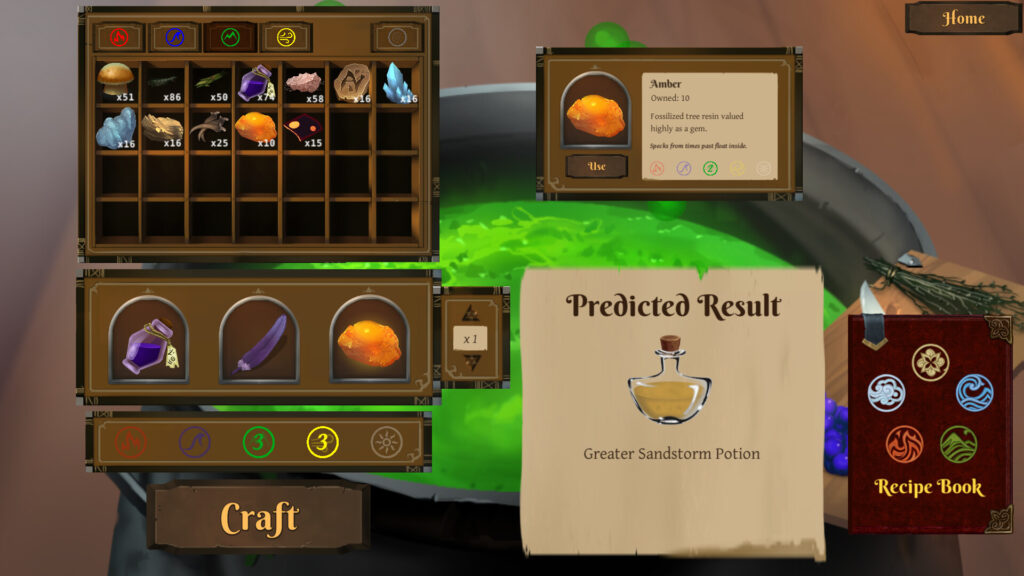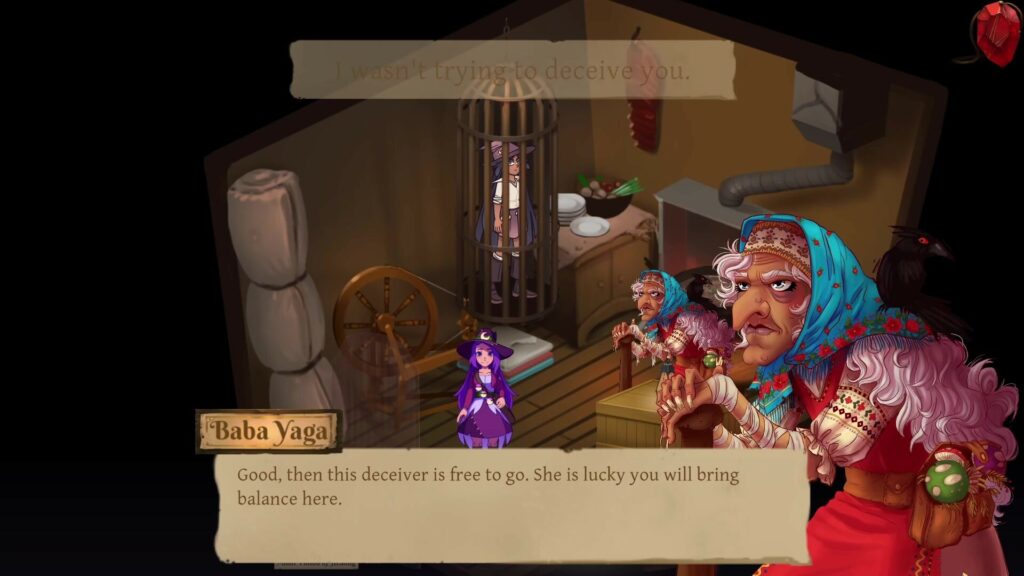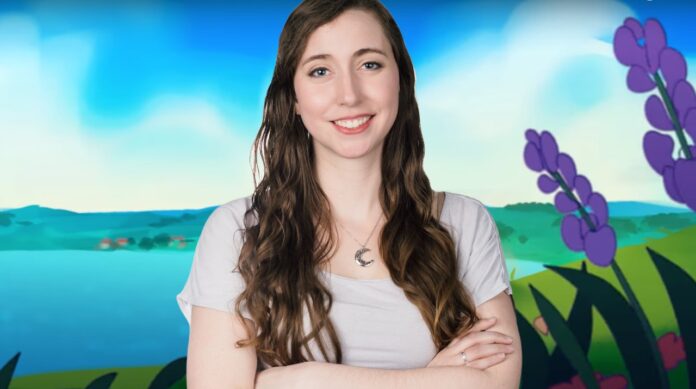Renee Gittins, indie game developer of Potions: A Curious Tale, faced severe harassment after the release of her game on Steam earlier this year. When EA unexpectedly dropped their back catalog just hours after her game’s release, it derailed Gittins’ carefully planned path to success. Her TikTok post venting her frustration about the situation reached the toxic part of the gaming community, resulting in a barrage of harassment, including death threats. This is her story.
Renee Gittins discovered her passion for game development during her senior year of collegeRenee Gittens, developer of Potions: A Curious Tale faced death threats after release while pursuing an engineering degree. She taught herself programming and volunteered for indie studios, eventually creating her first prototype, ‘Potions: A Curious Tale’. Frustrated with the traditional rewarding of slaughter in games, she developed a unique resource management mechanic that discourages unnecessary killing. After a successful Kickstarter the game went into production. “I was able to raise enough money to hire contractors to help me with art and audio but I didn’t raise enough money to pay myself,” she says.
Return to her indie roots
So, she held various roles, including a solutions architect at an AI middleware company, where she worked on a character engine for dynamic dialogue scripting. During her time volunteering with the IGDA, she became the executive director and led initiatives such as the Game Development Crisis Conference. “I really want to give back more to the industry that has helped me so much,” she says. After leading Phoenix Labs Vancouver through an expedited M&A process, Gittins returned to her indie roots to complete and ship ‘Potions: A curious Tale’ in March 2024, well over 10 years after that first prototype.

“The main issue why it took so long was I never intended for it to be a commercial product.” Initially conceived as a portfolio piece, the game evolved over a decade with content-heavy, story-driven mechanics. Despite not always keeping up with industry trends, she focused on ramping up marketing efforts and engaging with her audience, particularly younger women, through platforms like TikTok, ensuring the game remained relevant and appealing.
Launch disruption
Gittins undertook extensive exploration and study to determine the best strategies for her game’s launch. “I decided that launching a demo of my game was going to be beneficial and I made sure to get as much reach as possible.” She used it both as a marketing and playtesting tool. After thorough playtesting with her Kickstarter backers through alpha and beta versions, she launched the demo in September with a significant marketing ramp-up. Renee experimented with various marketing channels, eventually focusing on TikTok and Instagram reels, which yielded the most traction, creating and editing videos on TikTok for its captioning functionality and then exporting them to other platforms.

In preparation for the launch of her game, Gittins chose International Women’s Day, explaining, “As a game developed by a woman whose main audience is women that features a girl, I thought that that was an appropriate sort of nod to what I was doing.” She aimed to hit Steam’s new and trending list, however, her plans were disrupted when EA released a back catalog of 11 titles hours after her launch, which bumped her game off the front page and devastated her sales expectations. When she vented her frustration on TikTok, the post went viral and reached a toxic part of the gaming community resulting in severe harassment.
Anti-swatting notice
“I received thousands of hate comments and toxic messages, including graphic porn spam in my Discord server, review bombing, and death threats, necessitating an anti-swatting notice on my house.” The initial ten days were especially challenging as she dealt with the harassment and worked on patches for the game, significantly impacting her mental health and sleep. Since then, she has continued releasing updates while prioritizing her well-being through gardening, sleeping, and reducing her work hours from the 65-70 hours per week she maintained leading up to the launch.
Despite this ordeal, the viral spread of her complaint post on TikTok, which garnered almost 15 million views, boosted her sales to 40% higher than predicted. “So, ultimately it helped. It didn’t help my mental health, but it did help exposure.”
Watch the rest of the conversation between Renee Gittins and Jay Powell on IndieGameBusiness.

